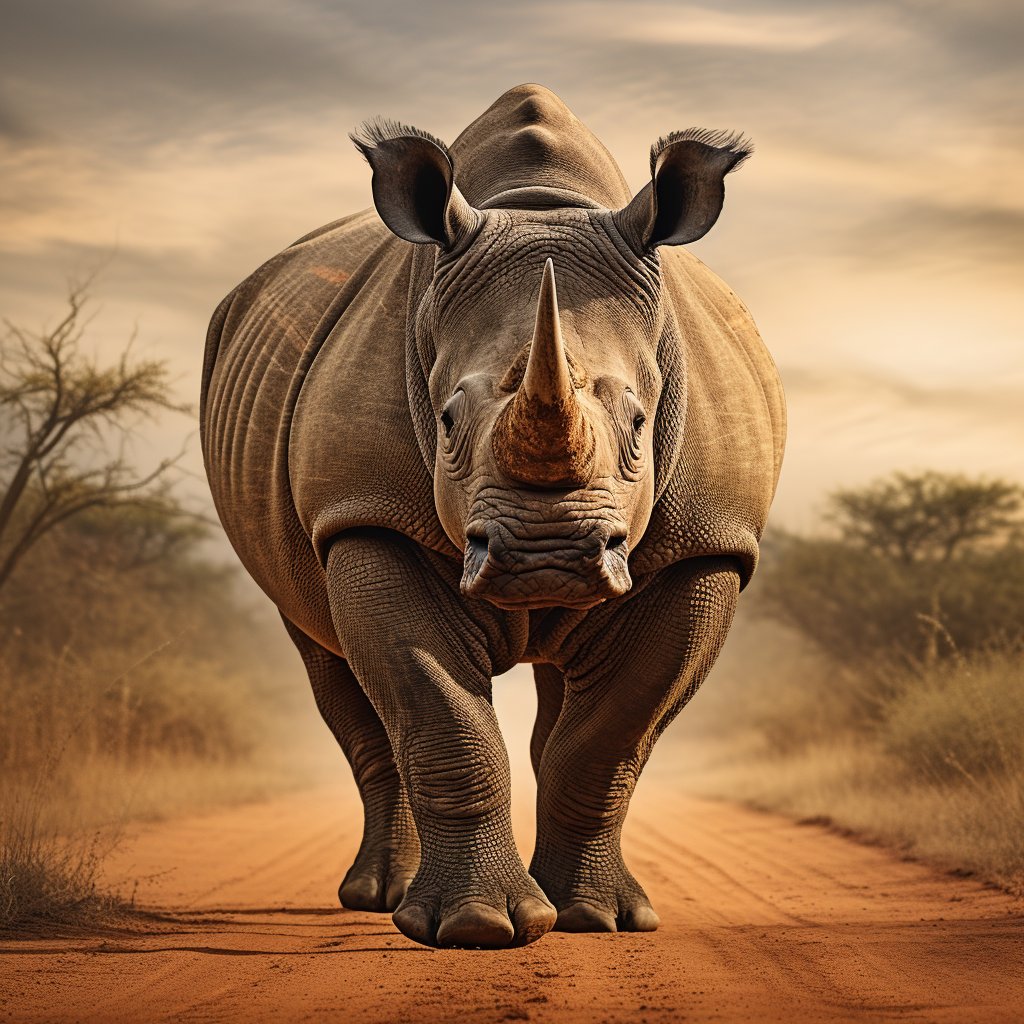Picture: for illustration purposes
Historic Breakthrough in Conservation Efforts for Northern White Rhino
The extinction clock is ticking for the Northern White Rhino with only two of the species, Najin and Fatu, still alive and incapable of natural reproduction. However, there is a glimmer of hope thanks to the tireless efforts of conservationists stationed at Ol Pejeta Conservancy in Kenya, who have embarked on an unprecedented project to save the species. Partnering with colleagues from around the globe, they successfully harvested eggs from Najin and Fatu and fertilized them with previously collected sperm from deceased male Northern White Rhinos.
In an extraordinary milestone, the initiative saw 18 eggs harvested from Fatu successfully fertilized, resulting in five new embryos in a lab in Cremona, Italy earlier in the year. The figure climbs to a total of 29 Northern White Rhino embryos produced so far, confirmed Samuel Mutisya, Head of Research and Species Conservation at Ol Pejeta Conservancy.
The embryos, ensconced in liquid nitrogen, await their future surrogate mothers – Southern White Rhinos – a key step in the recovery of the Northern White Rhino. The project's allies known as the BioRescue team include scientists and conservationists from Leibniz Institute for Zoo and Wildlife Research (Leibniz-IZW), Ol Pejeta Conservancy, Safari Park Dvůr Králové, Kenya Wildlife Service (KWS), and Wildlife Research and Training Institute (WRTI).
Before applying the breakthrough approach to Northern White Rhino embryos, the BioRescue intends to first verify if the same methods would result in a successful pregnancy with Southern White Rhino embryos. They aim to safeguard the north species from following the tragic fate of the last male Northern White Rhino, Sudan, who was sadly euthanized in 2018 due to age-related issues.
The ongoing poaching crisis has seen Rhino populations plummet, with their horns fetching high prices in black markets for alleged medicinal properties and carving materials. The anti-poaching message is clear; the loss of genes does not just mean the extinction of a species, but a disregard for the preservation of our shared environment.










